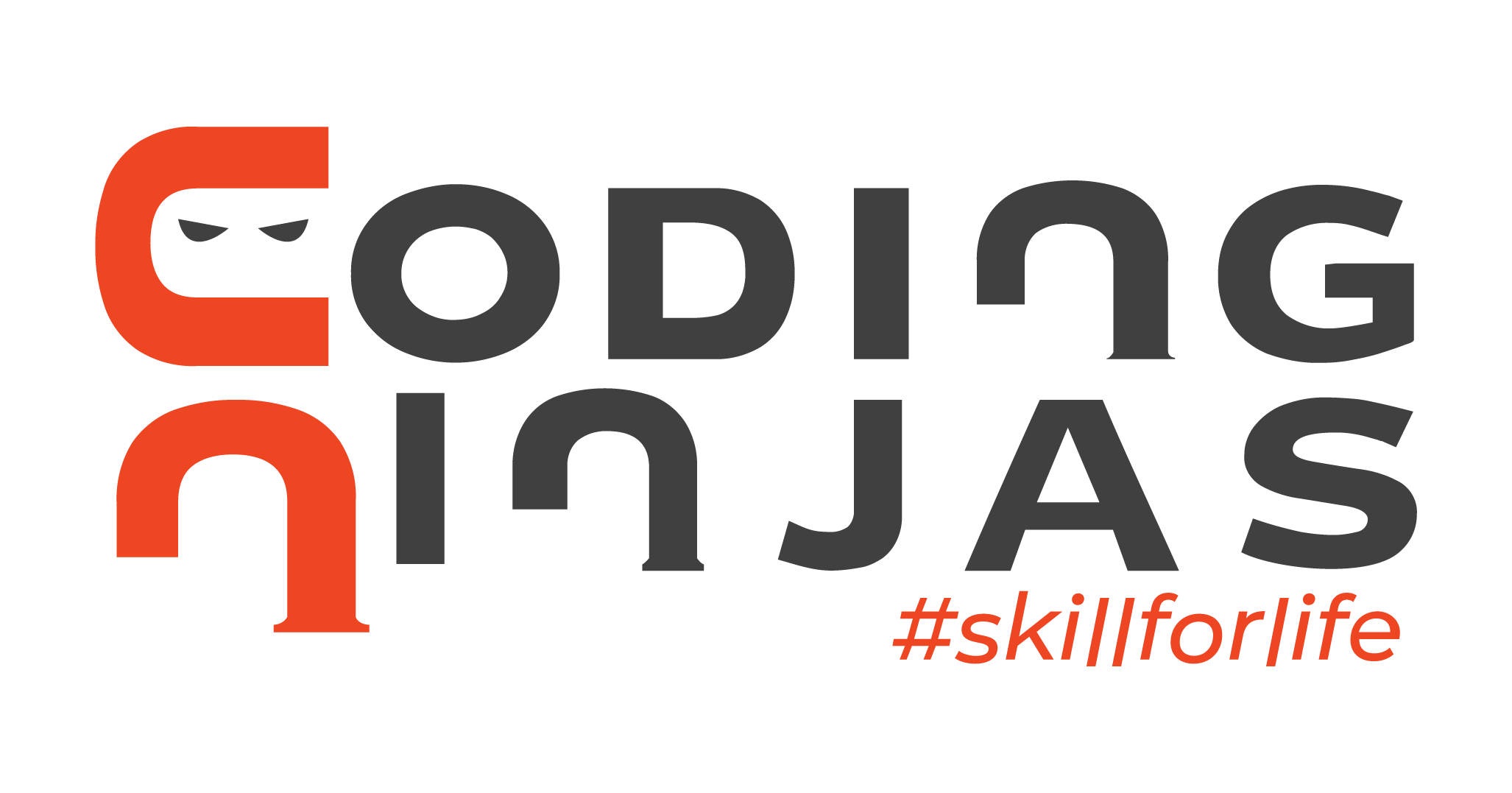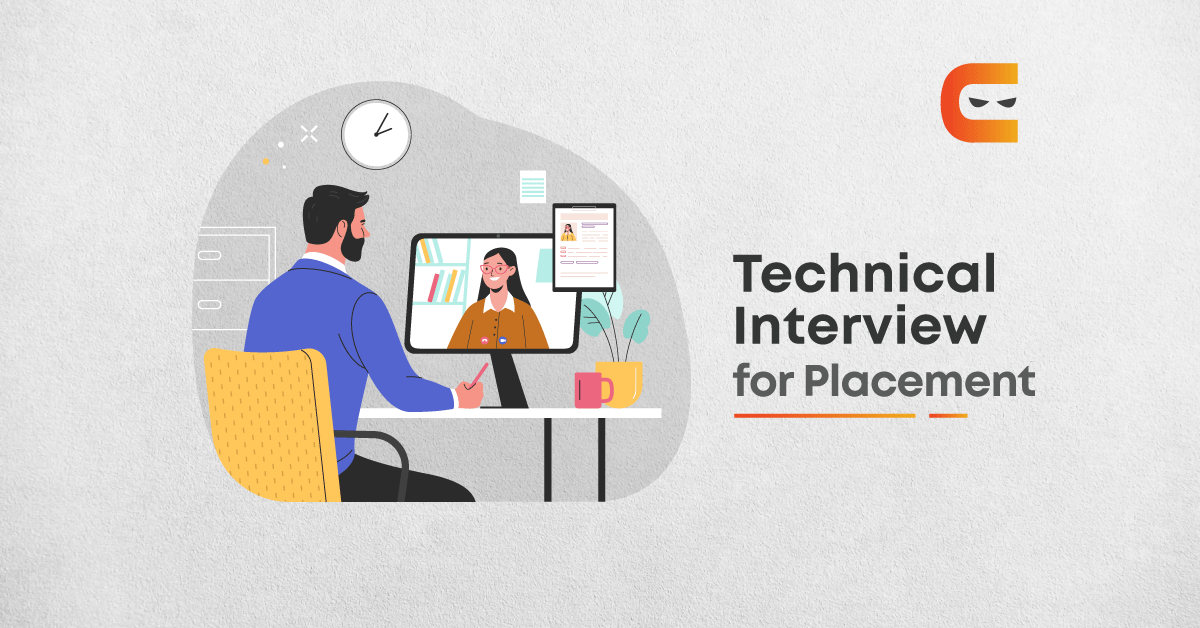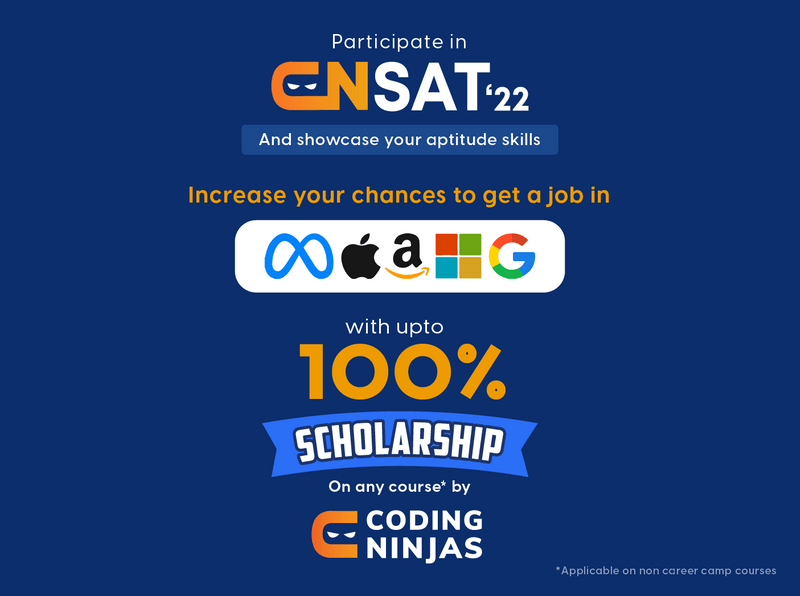Table of Contents
Introduction
Bachelor of Technology (B. Tech) degree opens up multiple paths for one to pursue in the future. Ranging from taking up managerial roles and technical roles to pursuing higher education and entrepreneurship, there are many opportunities.
Unless one has a specific interest in one of these options, it can be difficult for one to choose a path. In this article, we shall start by exploring each of these paths and then discussing how to Prepare for Technical Interview For Placements & Masters.
How to choose a path?
As we discussed earlier, there are multiple paths that one can take after completing one’s degree in B. Tech. Therefore, it can be entangling to choose one of these. Here are some points that you should keep in mind to decide on one option.
- Start early: If you already have an interest that fits as a skill for one of the roads that you can take, you are set to prepare for it. But if you are unsure and want to explore all the paths, you must start doing so as early as possible so that by your final year you can focus on preparing for one and excel in it. Point three discusses how exactly you can explore all the paths.
- Identify your interest: Once you have explored many options, you should be able to identify one area of interest or one area that draws you the most. Without hesitating, you should start preparing for pursuing this area of interest as early as you can.
- How do I explore?: Internships and experiences are the straightforward answers. Take up internships, starting from your initial years of degree only and explore what portfolios in an organisation interest you. Research and talk to people who’re in those portfolios. This will surely help you form a good view of all the possible paths you can undertake.
Did you know?
The candidates who clear the TCS Digital Written Test Online are only invited to attend the subsequent rounds that are the Technical Interview Round and HR Interview Round.
The Paths
In this section, we individually discuss each of the possible paths so as to shed light on who should take which path. You can also watch this video by Ankush Singla, Co-Founder of Coding Ninjas in which he talks about the agenda at hand.
- Master of Business (MBA)
Individuals who are interested in taking up managerial roles with a technical background should pursue an MBA after their B. Tech. According to statistics, around 75-80% of students who join Post Graduate programs at IIMs, come from engineering backgrounds. People with this degree often grab high packages due to their added skill in administration. In order to get admitted into IIMs, you need to give an entrance called CAT (Common Aptitude Test)
- Master of Technology (M. Tech)
Another path to take if you want to pursue higher education is M. Tech. This is apt for those who are enthusiastic about technology and want to study in detail a specialized field of technology. Because of having advanced knowledge in their skills, M.Tech degree holders are often preferred during recruitment for higher positions in tech firms. The most prestigious institutes that offer an M.tech are the IITs. Admissions to these are on the basis of the entrance exam – GATE.
- Master of Science (M.S)
This is for those who want to study outside India in some of the world’s top universities. Universities in the USA like the Massachusetts Institute of Technology and Stanford University offer exceptional educational facilities. And are respected for the knowledge they equip their students with. All such universities require a good score on GRE to get admission.
- Entrepreneurship
An entrepreneur takes birth when one comes across a problem that either hasn’t been solved yet or when one comes up with a better solution to an existing problem with existing solutions. India today is a hotspot for such startups. There has been a rise of the so-called ‘Startup Culture’ in this decade. To read more interesting facts and figures about Startups, refer to our article on ‘Startups – Answering the What, Why and When’.
- Placements
We shall discuss this in detail in the coming section.
Campus Placements – Tips to prepare
All the paths converge to the one main goal of applying what you’ve learned so far in your life. To help with this process, almost all the colleges have the program of Campus Placements or Campus Recruiting. The programs help students, who are nearing their studies’ completion, showcase their skills to employers and get recruited.
Preparation for these technical placements requires not just hard work, but a good strategy. The recruitment process of most companies comprises multiple rounds. Starting from a written round, followed by a coding round, a technical interview round (or more), and an HR round.
Many companies may have a different format. In the coming sections, we will discuss a step-by-step guide on how to prepare for campus placements, with a special focus on how to crack a technical interview.
Aptitude Test
Most recruitment processes have Aptitude Tests as their screening round to select candidates apt for appearing for the technical interview round. In today’s time, aptitude tests are primarily conducted in an online format. This requires an even better strategy and practice in an online mode too. Here are some tips for doing well in an aptitude test:
- Attempt the English testing section first. It fetches you more marks in less time.
- Practice lots of previous year aptitude tests of the company you appear for.
- Practice well in an online setting too.
- Learn mathematical tricks to solve extensive calculations in less time.
- Practicing Computer Science subjects is immensely important.
Although this round is not something to be afraid of, it is essential to pay attention to it as it is the screening round.
Master One Programming Language
To do well in the technical interview rounds and the coding rounds, you must be completely thorough with one programming language of your choice. This will be the medium that you will use to implement all your subject learnings. The problems posed to you in the technical interview or the coding round will require solving using this programming language.
Mastering a programming language does not only mean knowing the syntax, but you also must be fluent in its usage to solve any problem that is given to you. Building your problem-solving and logical skills in this language is immensely crucial. You can choose any programming language of your choice. Here are the current trends of the popularity of various languages.
Important CS Subjects
There are some important subjects in computer science without which developing software or solving problems is not as efficient. Let’s discuss these subjects one by one.
- Data Structures And Algorithms: Most companies, especially product-based ones, set the candidates’ knowledge as the most crucial parameter to test their ability in the technical interview, aptitude test as well as coding round. This is because fluency in this topic ensures a deep understanding of building efficient codes and good problem-solving and logical skills.
- Operating System: This is a core subject that is important to be mastered because it deepens the understanding of how a code communicates with the computer and how things work in the processing stage between the input and output.
- Computer Networks: Computer networks allows a programmer to understand how multiple devices communicate with each other and also the technicalities of the flow of information between them.
- Database Management System (DBMS): In today’s era, information is flowing everywhere. Its efficient storage and organization are very important. This is where the knowledge of DBMS becomes very useful. Therefore, in a technical interview, evaluating a candidate’s DBMS skills becomes vital.
Projects
Other important criteria that will determine your success in campus placements are your projects. There is always an in-depth discussion of your projects in the later rounds of your technical interview. Here are some things to keep in mind for getting through it.
- Quality is more important than quantity: Do not aim at doing too many projects. Whichever project you undertake, you should have an in-depth understanding of it. There will be a good discussion on all the ‘hows’ and ‘whys’ of your projects during your interview.
- Recognise the loopholes: A critical discussion in a technical interview regarding the projects you undertake is around the loopholes or initial obstacles you faced. In such a discussion, you must recognise the loopholes and derive the solutions for those loopholes.
- Github links: Make sure you have documented your projects on Github and have linked to their respective repositories on your resume.
Interview Experiences
It has been wisely said that to crack a challenge, you must know the challenge well. Blindly working hard is not what will get you through a round of interviews. Every company has different types of recruitment processes, requiring different strategies to crack them.
Thus, it is essential to read up on the interview experiences of individuals who have already appeared to interview for the companies you’re applying for and also focus on your communication skills.
On CodeStudio, you can find company-wise interview experiences which will help you to design the perfect strategy to grab the job you dream of getting.
Importance Of Pen & Paper
Usually, while preparing for a technical interview, we practice on our laptops. Rarely do we pick up our pen and paper and write algorithms and codes using them. This is a mistake. In a technical interview, you will be required to solve all problems put to you on paper.
Make it a ritual to practice by writing, not typing. Another good practice is to do dry runs of at least two problems in every topic on paper. This not only deepens your understanding but also makes you comfortable with writing code on paper.
Frequently Asked Questions
The technical round in any interview is basically to assess the candidate’s technical ability, computer science principles and problem-solving skills. A technical interview is mainly to hire individuals for roles in specialised areas like software development etc.
The earlier you start the preparation, the better it will be. But by the end of your 3rd year, you should have been prepared majorly and be aware of all the required/skills that you must master.
As a first step, you must be aware of all the required/skills that you must master to crack interviews. Solving of aptitude tests, good knowledge of one programming language, core subjects (DBMS, OS, Computer Networks), and mastery in data structures and algorithms is a must
To crack a technical interview, the topics that you need to master require months of preparation. Thus, you can prepare for placement in one month only if you have some prior knowledge.
If you have studied topics like data structures and algorithms, DBMS, OS in detail previously and just need to practice pools of company-specific problems then this will take you a minimum of 1.5 to 2 months.
Key Takeaways
This article sheds light on the various paths one can take after completing a Bachelors’ degree in Technology.
Of these paths, we take up the path of appearing for campus placements and discuss in detail some tips to prepare for them.
By Khushi Sharma















Leave a Reply